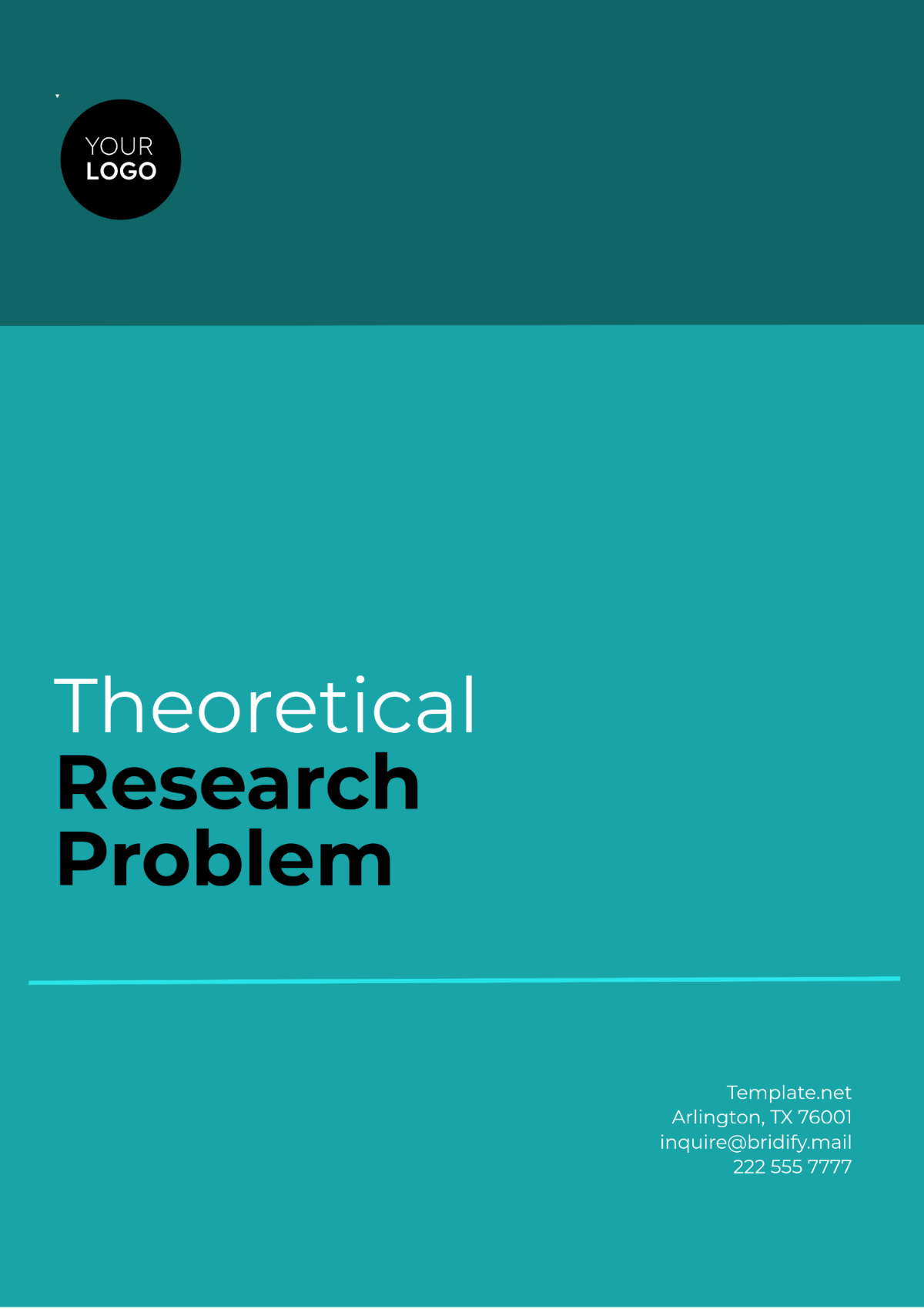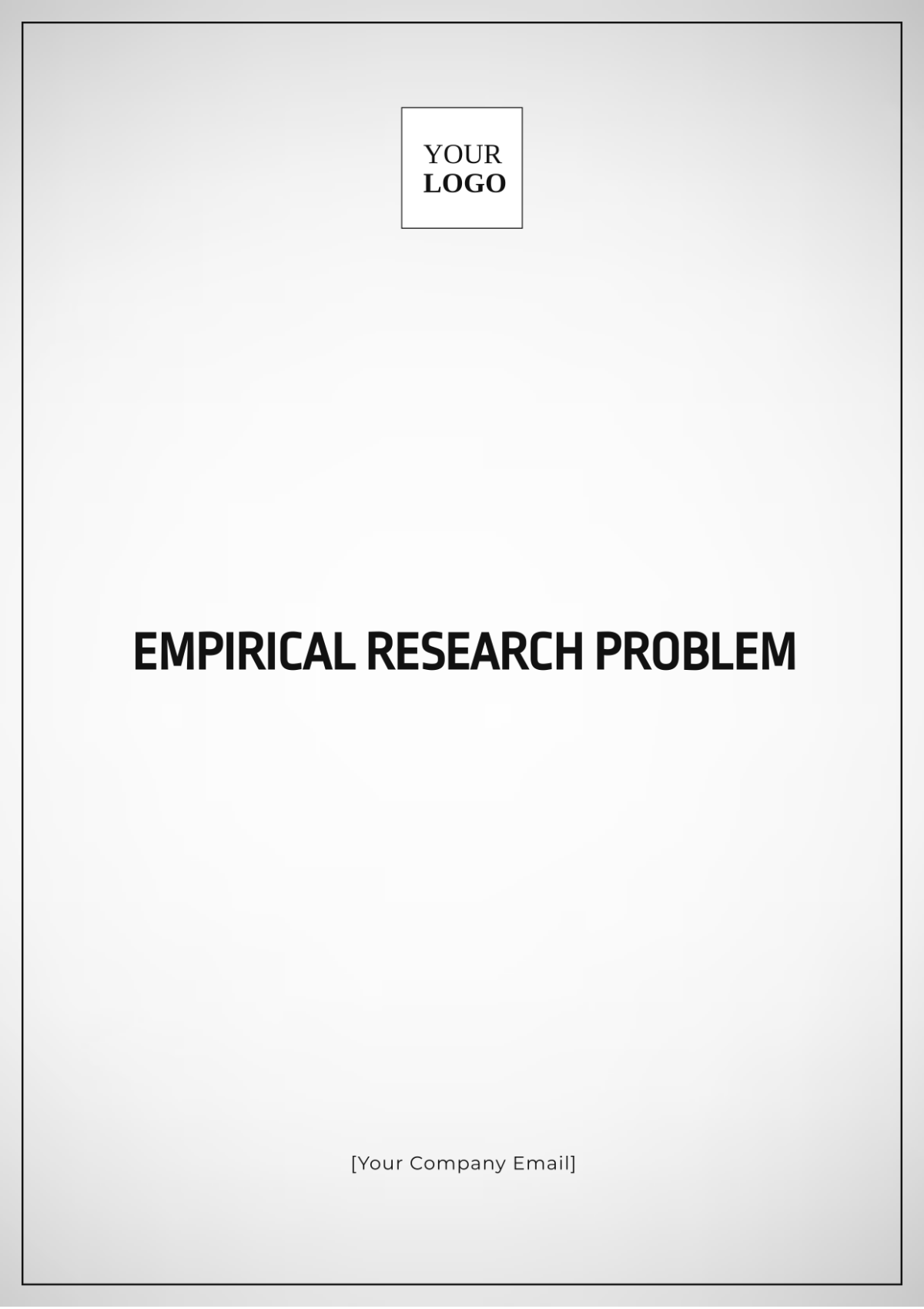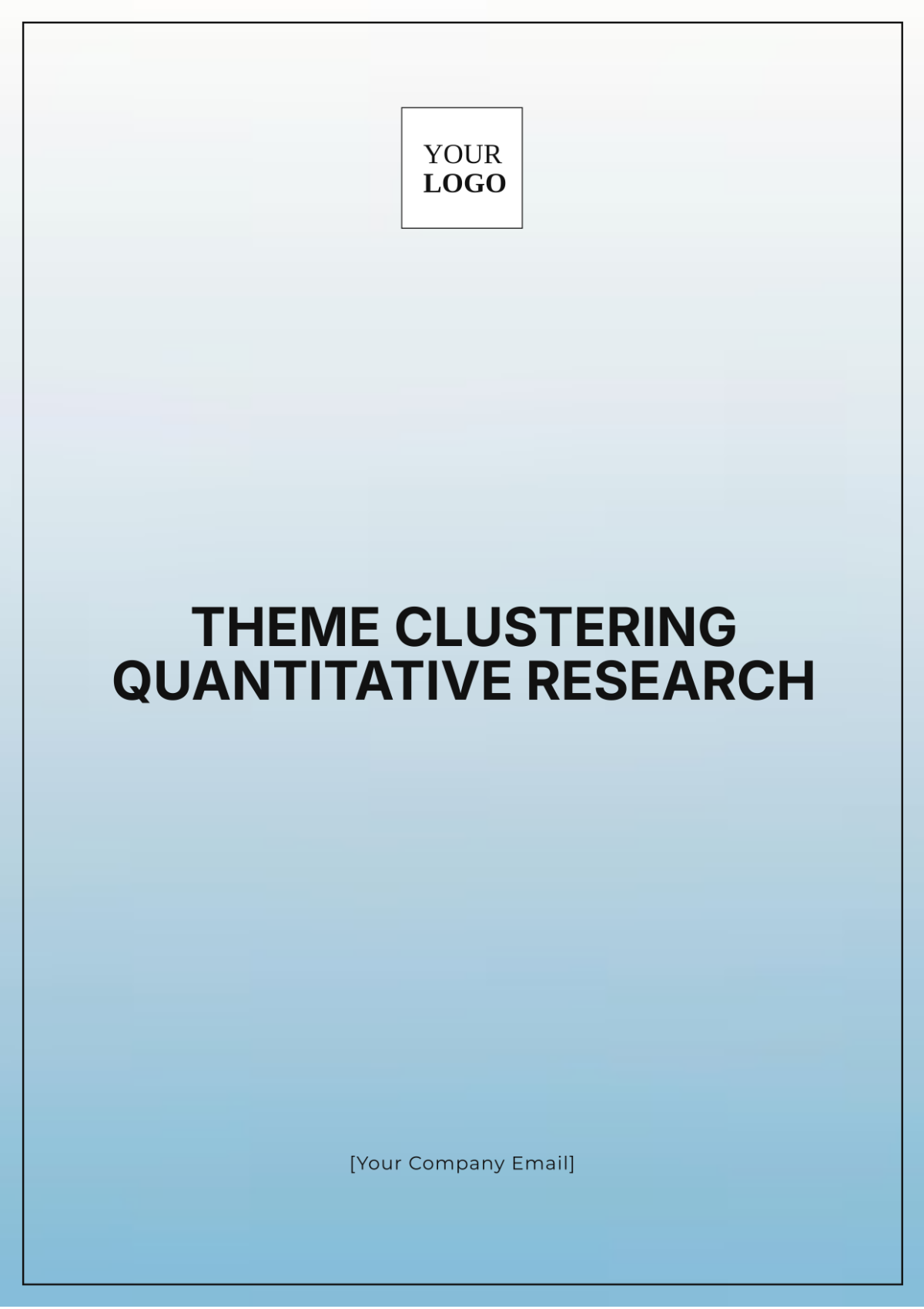Operations Research
Conducted by: [YOUR NAME]
I. Introduction
Project management is a critical aspect of organizational success, facilitating the efficient allocation of resources, scheduling of tasks, and minimizing project completion time and costs. In today's competitive business environment, organizations strive to streamline their project management processes to achieve higher efficiency and effectiveness. This Operations Research aims to explore various strategies and methodologies for optimizing project management, ultimately contributing to enhanced project outcomes and overall business performance.
II. Literature Review
II.I. Overview of Project Management Techniques
Project management encompasses a range of techniques and methodologies aimed at effectively planning, executing, and controlling projects. Traditional approaches such as the Waterfall method have been widely used, but newer methodologies like Agile and Lean project management have gained popularity due to their flexibility and adaptability to changing project requirements.
II.II. Resource Allocation Strategies
Effective resource allocation is crucial for project success, as it ensures that the right resources are available at the right time and place. Various strategies exist for resource allocation, including:
Resource leveling: Balancing resource demand and availability to prevent overallocation and underutilization.
Critical path method (CPM): Identifying the sequence of tasks that determine the shortest project duration, thus guiding resource allocation decisions.
Resource smoothing: Adjusting resource usage to minimize fluctuations in resource demand over time, reducing project delays and costs.
Earned value management (EVM): Integrating cost, schedule, and scope to monitor project performance and optimize resource utilization.
Agile resource management: Prioritizing flexible resource allocation based on iterative feedback and changing project needs, common in Agile project management frameworks.
II.III. Task Scheduling Techniques
Efficient task scheduling plays a pivotal role in project management, ensuring that project activities are completed in a timely manner and within budget constraints. Various techniques can be employed for task scheduling, including:
Gantt charts: Visual representations of project tasks and their dependencies, facilitating resource allocation and scheduling decisions.
Critical chain method (CCM): Identifying the longest sequence of dependent tasks (critical chain) and strategically allocating resources to expedite project completion.
PERT (Program Evaluation and Review Technique): Analyzing task dependencies and uncertainties to estimate project duration and identify critical paths.
Kanban: Visualizing workflow and limiting work in progress to improve task prioritization and flow, commonly used in Agile project management.
Monte Carlo simulation: Assessing project schedule risks by generating multiple scenarios based on probabilistic inputs, enabling better-informed scheduling decisions.
III. Methodology
III.I. Data Collection
The research will involve collecting data on project management practices, resource allocation strategies, and task scheduling techniques from a variety of sources, including academic literature, industry reports, and case studies.
III.II. Data Analysis
Quantitative and qualitative analysis will be conducted to evaluate the effectiveness of different project management approaches in minimizing project completion time and costs. Statistical methods, such as regression analysis and hypothesis testing, will be employed to identify significant relationships and patterns in the data.
IV. Results and Findings
The findings of the research will provide insights into the most effective project management strategies for minimizing project completion time and costs. Key results will be presented in tables and graphs to facilitate interpretation and comparison of different methodologies.
V. Conclusion
In conclusion, optimizing project management processes through efficient resource allocation and task scheduling is essential for achieving project success and enhancing organizational performance. By leveraging the insights gained from this Operations Research, organizations can improve their project management practices and drive better project outcomes.
VI. References
Adams, R., & Brown, S. (2058). "Effective Resource Allocation Techniques in Project Management," Journal of Operations Management, 2058.
Johnson, M., & Smith, P. (2060). "Comparative Analysis of Traditional and Agile Task Scheduling Methods," Project Management Journal, 2060.
Kim, E., & Lee, J. (2062). "Optimizing Resource Utilization through Earned Value Management: A Case Study in the Construction Industry," International Journal of Project Management, 2062.
Martinez, L., & Garcia, A. (2064). "Implementing Kanban for Task Scheduling and Resource Allocation in Software Development Projects," Journal of Software Engineering, 2064.
Wang, X., & Zhang, Y. (2066). "Application of Monte Carlo Simulation in Project Management: A Systematic Literature Review," European Journal of Operational Research, 2066.

















































